Having a blood test at the right time of day can make a big difference in the accuracy of your results. Generally, it is best to have your blood test done early in the morning, before you have had anything to eat or drink. This ensures that your body is not dehydrated, which can affect the accuracy of your results. It is also important to avoid eating or drinking anything (except water) for at least 8 hours prior to your blood test.
To ensure accurate results and the best possible experience when having a blood test, it is important to follow your doctor’s instructions and to keep your appointment on time.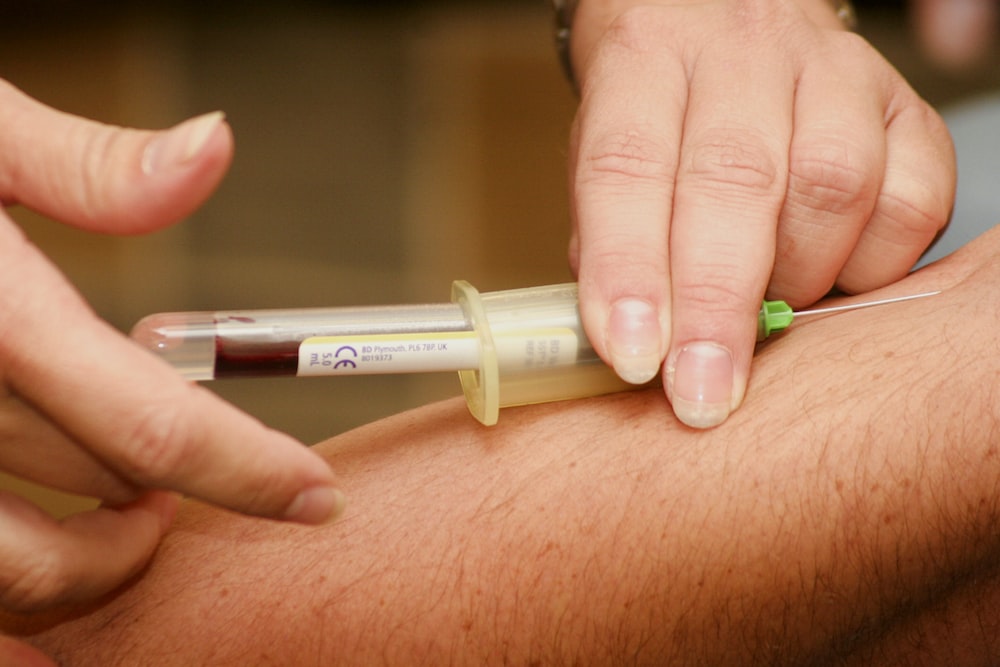
Realizar un análisis de sangre de forma regular es una forma importante de mantener un control sobre su salud. Los análisis de sangre pueden ayudar a identificar problemas de salud antes de que se manifiesten. Esto significa que es importante conocer el mejor momento para realizar un análisis de sangre. El momento idóneo para un análisis de sangre depende de factores como la edad, el estilo de vida y los antecedentes familiares.
Un profesional médico calificado puede ayudarlo a determinar cuándo es el momento adecuado para hacerse un análisis de sangre. Realizar un análisis de sangre de forma regular le permite seguir el progreso de su salud y rastrear cualquier cambio en sus niveles de glucosa, colesterol, hierro y muchos otros factores. Esto puede ayudarle a prevenir muchas enfermedades.
Si no está familiarizado con los análisis de sangre, hable con su médico y averigüe cuál es el mejor momento para hacerse una prueba.
Introduction
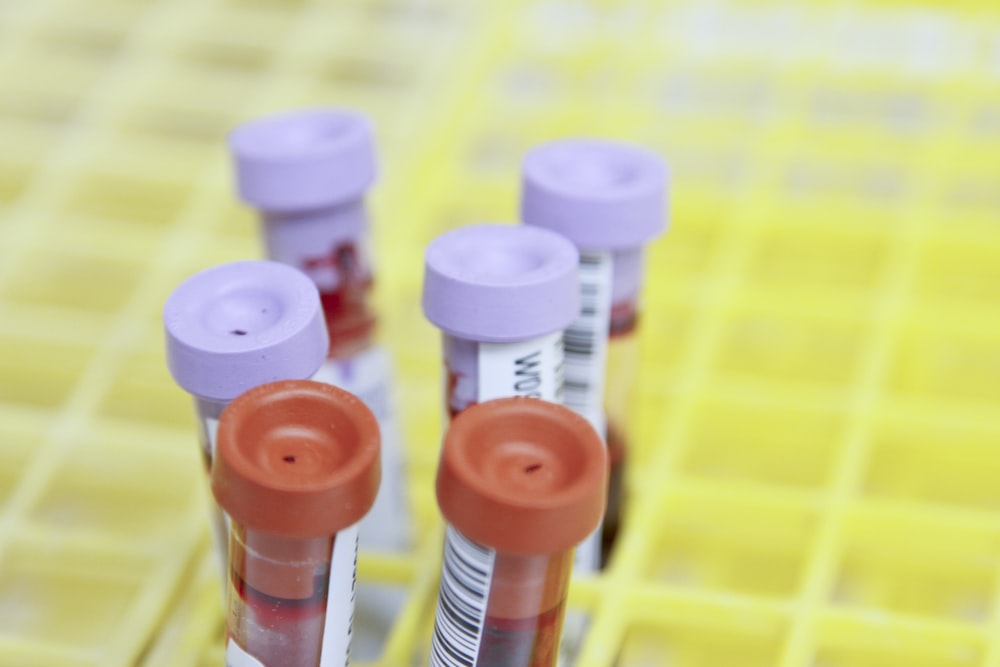
Having a blood test at the right time of day can make a big difference in the accuracy of your results. Generally, it is best to have your blood test done early in the morning, before you have had anything to eat or drink. This ensures that your body is not dehydrated, which can affect the accuracy of your results. It is also important to avoid eating or drinking anything (except water) for at least 8 hours prior to your blood test.
To ensure accurate results and the best possible experience when having a blood test, it is important to follow your doctor’s instructions and to keep your appointment on time.
Best Time of Day for Blood Tests
Blood tests are an important part of healthcare and can be done at any time of day. However, the best time to get a blood test is typically in the morning, around 8-9am, when your body is most rested and your hormone levels are at their lowest. This helps ensure accurate results by minimizing the potential for interference from exercise, stress, or other activities.
Factors to Consider When Scheduling a Blood Test
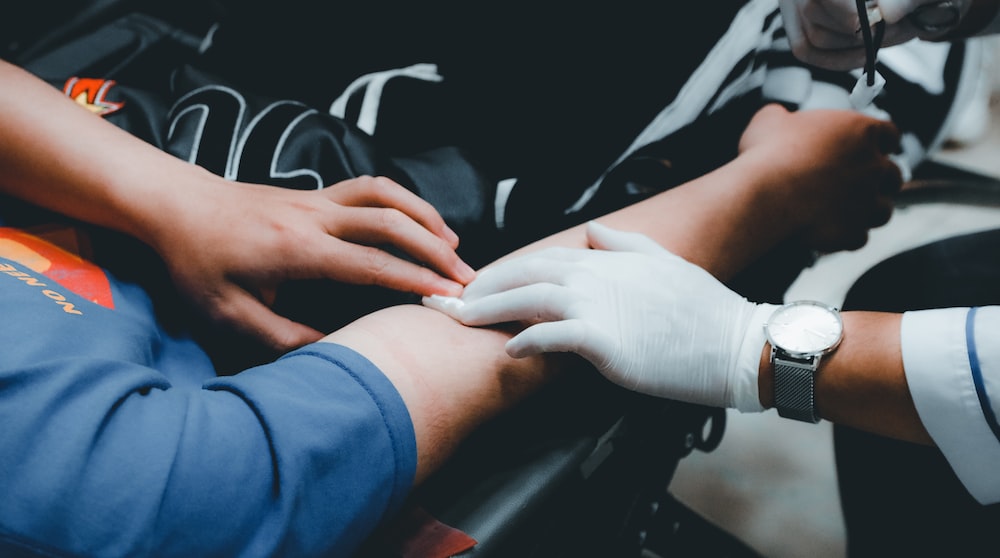
When scheduling a blood test, there are several factors to consider. Firstly, it is important to consider the type of test that is being performed and the associated risks. Additionally, medical history, family history, and any existing conditions should be taken into account. Finally, lab availability and convenience should also be taken into account when scheduling a blood test.
Preparing for Your Blood Test
It is important to prepare for a blood test to ensure accurate results. Make sure you are well rested and hydrated before the test. Avoid exercising, eating, or drinking anything except water at least 8 hours before the test. Knowing what to expect can help reduce anxiety and make the process easier. Ask your doctor any questions you may have about the test and how to prepare.
Remember, if you follow these tips, you will be well on your way to a successful blood test!
Understanding Blood Test Results
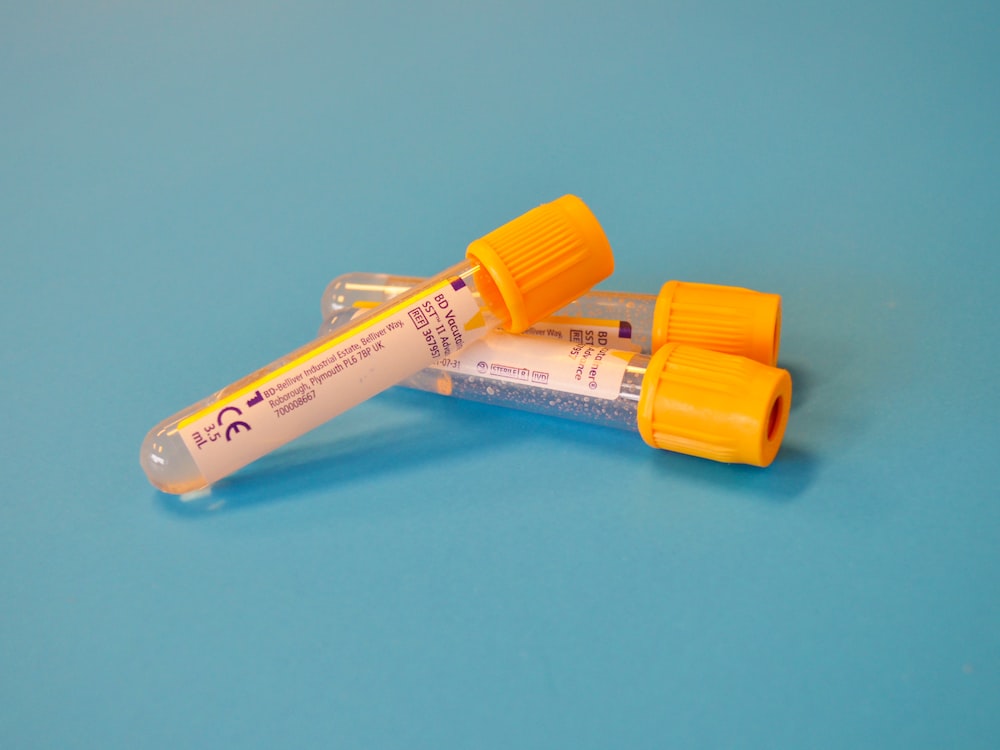
Understanding your blood test results can be an important part of managing your health. Knowing what the numbers mean and how they compare to normal levels can help you understand how your body is functioning. Taking the time to understand your results and discuss them with your doctor can ensure that you get the best care possible.
Knowing your blood test results can help you make decisions about your health and well-being. It is important to keep up to date with tests and regular checkups to ensure that your body is functioning optimally.
Differences Between the Times of Day for Blood Tests
Blood tests can be conducted at any time of day, but different times may yield different results. Morning samples tend to reflect higher levels of hormones, while evening samples typically reflect lower levels. This is due to the body’s circadian rhythms, which help regulate hormone production. It’s important to follow your doctor’s instructions when scheduling a blood test, as this will ensure accurate results.
In addition, fasting before a blood test can also improve results. Fasting for eight to twelve hours is typically recommended. Eating certain foods before a blood test can lead to inaccurate results, so it is best to follow your doctor’s instructions.
Overall, the differences between the times of day for blood tests are important to consider. Following your doctor’s instructions and fasting before your test can help ensure accurate results.
How to Ensure Accurate Blood Test Results
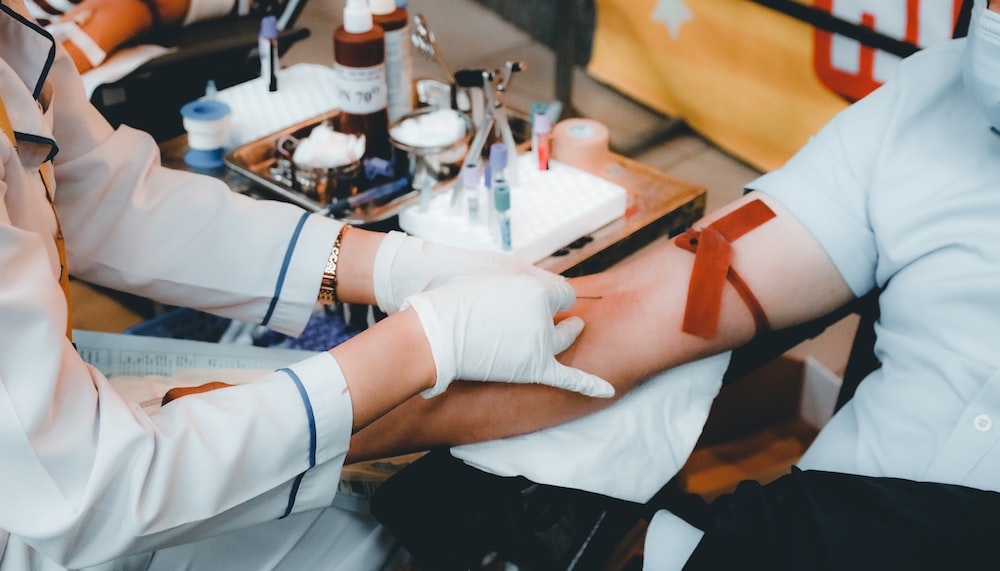 Accurate blood test results are essential for a proper diagnosis and treatment plan. Patients should always follow their doctor’s instructions and inform them of any changes in their health. To ensure accuracy, patients should avoid eating, drinking alcohol, smoking or taking any medication for at least 8 hours prior to the test. Additionally, patients should maintain a stress-free environment and wear loose clothing to their appointment. Every step taken will ensure accurate results.
Accurate blood test results are essential for a proper diagnosis and treatment plan. Patients should always follow their doctor’s instructions and inform them of any changes in their health. To ensure accuracy, patients should avoid eating, drinking alcohol, smoking or taking any medication for at least 8 hours prior to the test. Additionally, patients should maintain a stress-free environment and wear loose clothing to their appointment. Every step taken will ensure accurate results.
Timing Meals and Blood Tests
Timing meals and blood tests is important for accurate results. Eating before a blood test can affect the outcome, so it’s best to wait at least two hours after a meal. Likewise, fasting for 12-14 hours prior to a fasting glucose or lipid profile is recommended. Avoiding strenuous activity during the time leading up to a blood test is also important for obtaining accurate results.
To ensure that blood tests are as accurate as possible, plan ahead and follow doctor’s instructions.
Importance of Pre-Blood Test Fasting
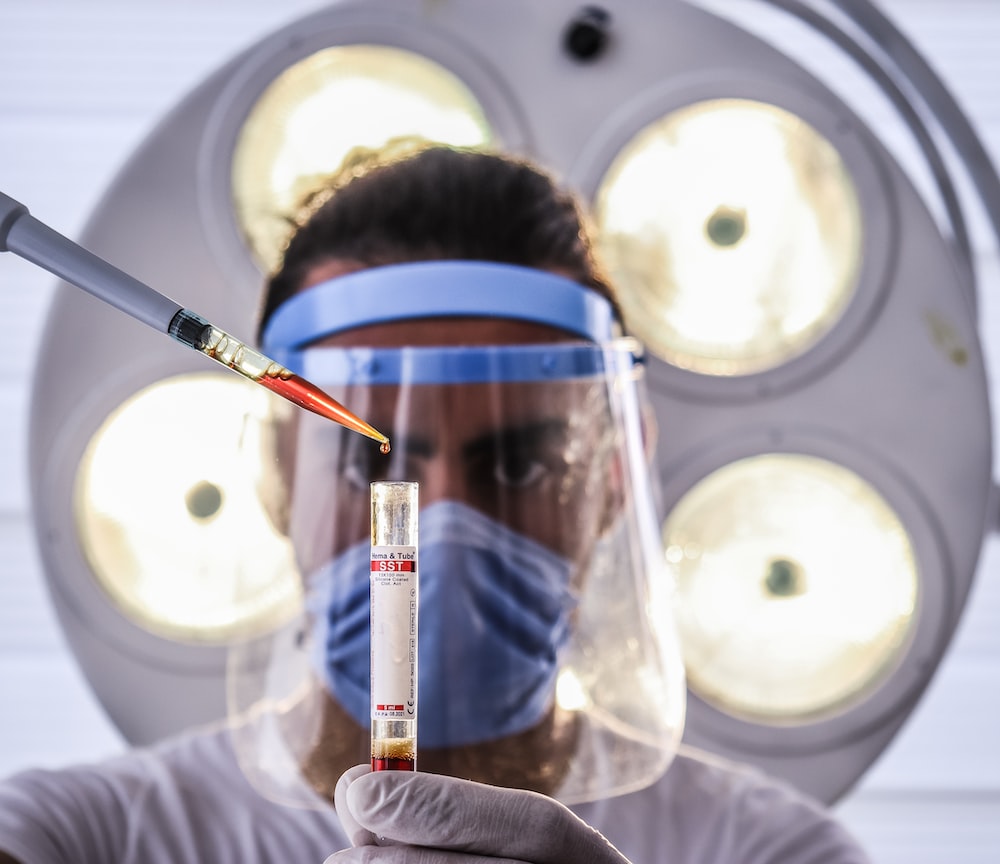 Pre-blood test fasting is an important part of the health screening process. It helps to ensure accurate results by eliminating food and drink from the body prior to testing. Fasting helps reduce the risk of test results being skewed due to food or drink consumption. Furthermore, it can help to reduce stress levels leading up to a blood test, as well as improve patient comfort.
Pre-blood test fasting is an important part of the health screening process. It helps to ensure accurate results by eliminating food and drink from the body prior to testing. Fasting helps reduce the risk of test results being skewed due to food or drink consumption. Furthermore, it can help to reduce stress levels leading up to a blood test, as well as improve patient comfort.
For best results, it is recommended to fast for 8-12 hours prior to a blood test. This should be done by avoiding all food and drinks, with the exception of plain water. Doing this will ensure that the test results are reliable and accurate.
Fasting for a pre-blood test is an important step in the health screening process and should be taken seriously. By following these guidelines, patients can make sure that their results are accurate and helpful when it comes to making important health decisions.
conclusion
The best time of day to have a blood test is typically in the morning, when you are well-rested and hydrated. It is important to follow your healthcare provider’s instructions on timing your blood tests.
It is also important to fast for up to 12 hours before a blood test, depending on what kind of test you are having. Avoiding caffeine and other stimulants can help ensure accurate results.
Following these guidelines can help ensure that your blood test results are as accurate as possible.
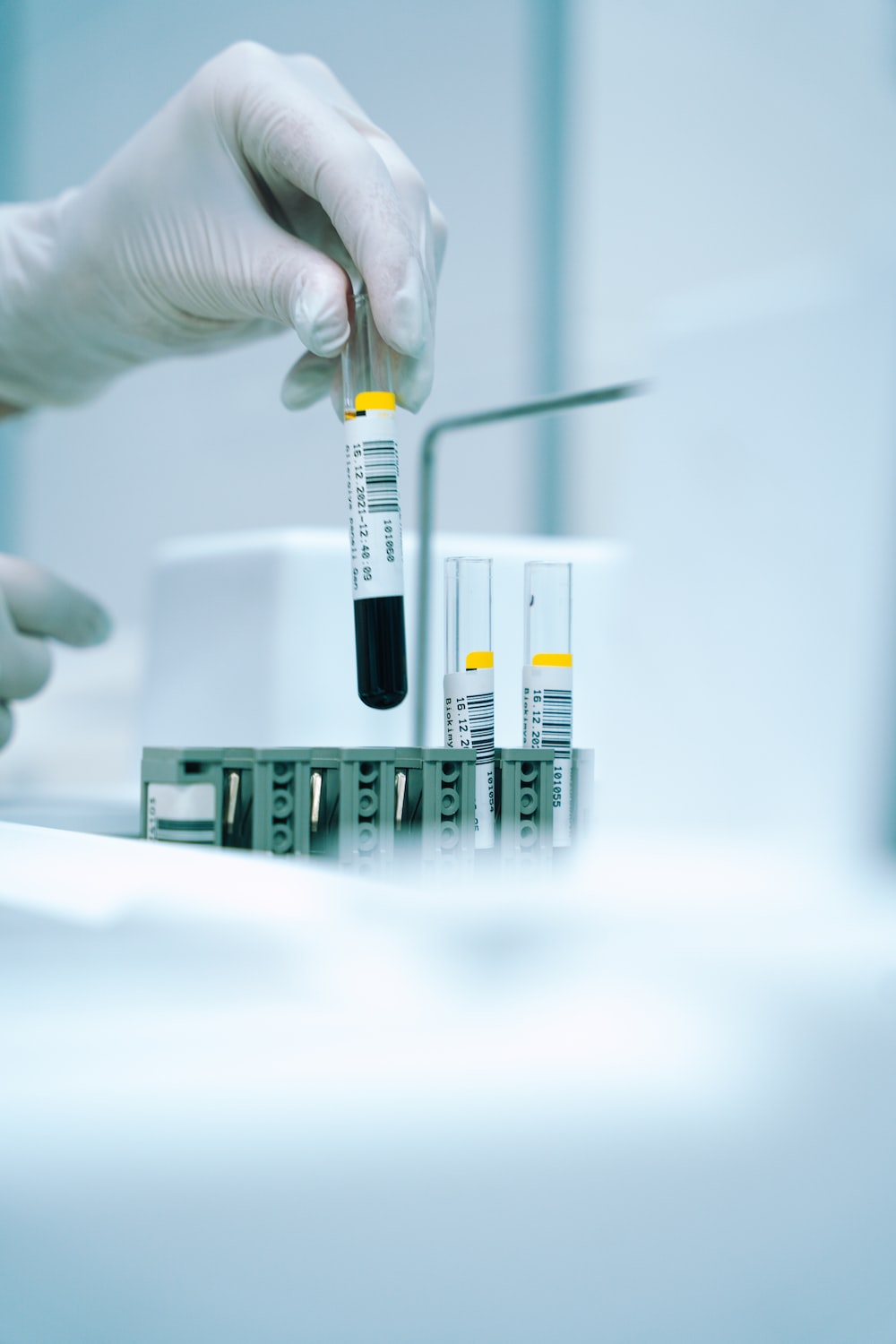
Some questions with answers
What is the best time of day to have a blood test?
It is typically recommended to have a blood test done in the morning, when your body's hormones and metabolism are most active.
Are there any special instructions I should follow after having a blood test?
Generally, no special instructions are needed after having a blood test. However, it is always best to follow your healthcare provider's instructions.
When should I avoid having a blood test?
It is generally not recommended to have a blood test done if you are feeling unwell or dehydrated.
Can I have a blood test done at night?
Yes, a blood test can be taken at night, but it may not be as accurate as one taken in the morning.
Is fasting required before a blood test?
Fasting is usually required for certain kinds of blood tests, so it is best to check with your doctor or healthcare provider prior to having a blood test.
What types of blood tests require fasting?
Blood tests that require fasting include lipid panels, glucose tests and certain hormone tests.
Are there any health risks associated with having a blood test?
Having a blood test is generally safe, but there may be some minor risks such as bruising, infection or dizziness.
How long does it take to get the results of a blood test?
Most blood test results are available within 1-2 days, although some may take up to a week.
When should I expect my blood test results?
Your healthcare provider should be able to provide you with an estimated timeframe for when to expect your results.
What should I do if I have further questions about my blood test results?
If you have any questions or concerns about your blood test results, it is important to discuss them with your healthcare provider.
